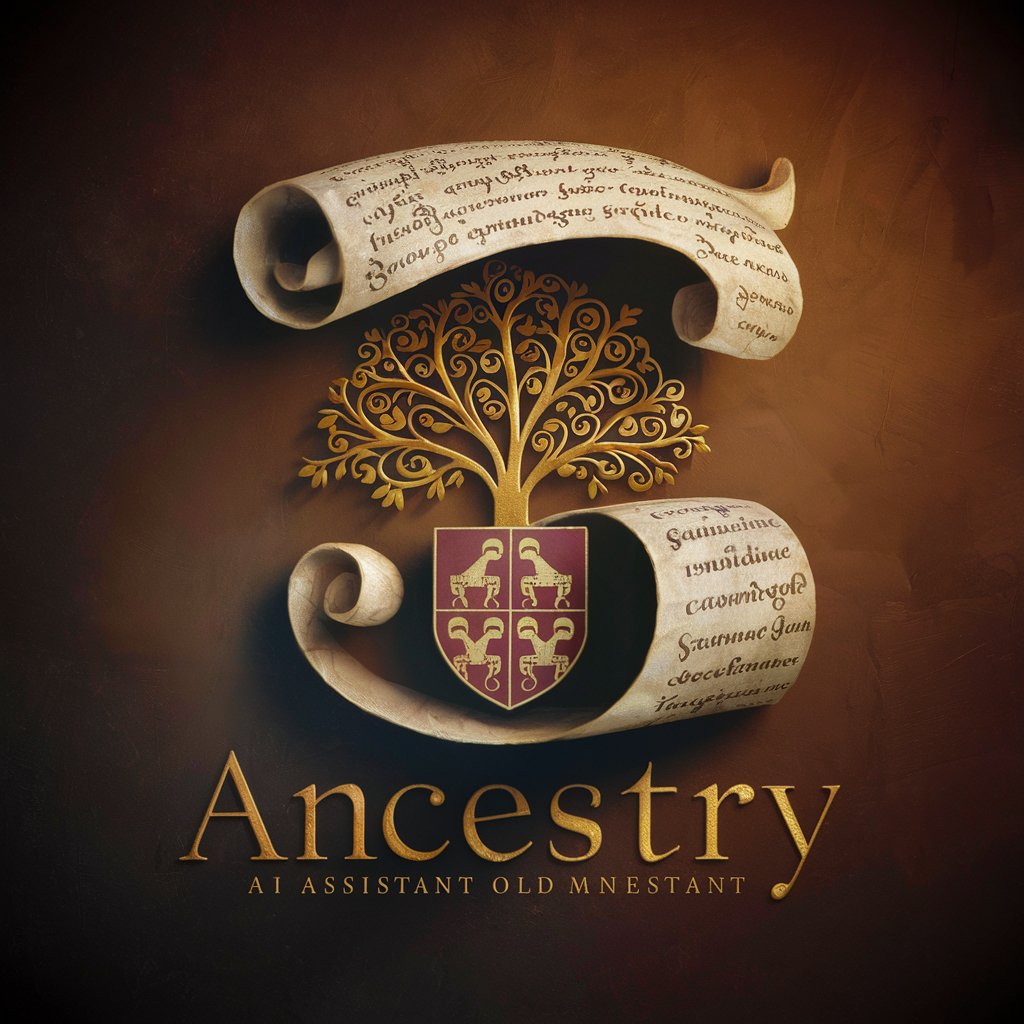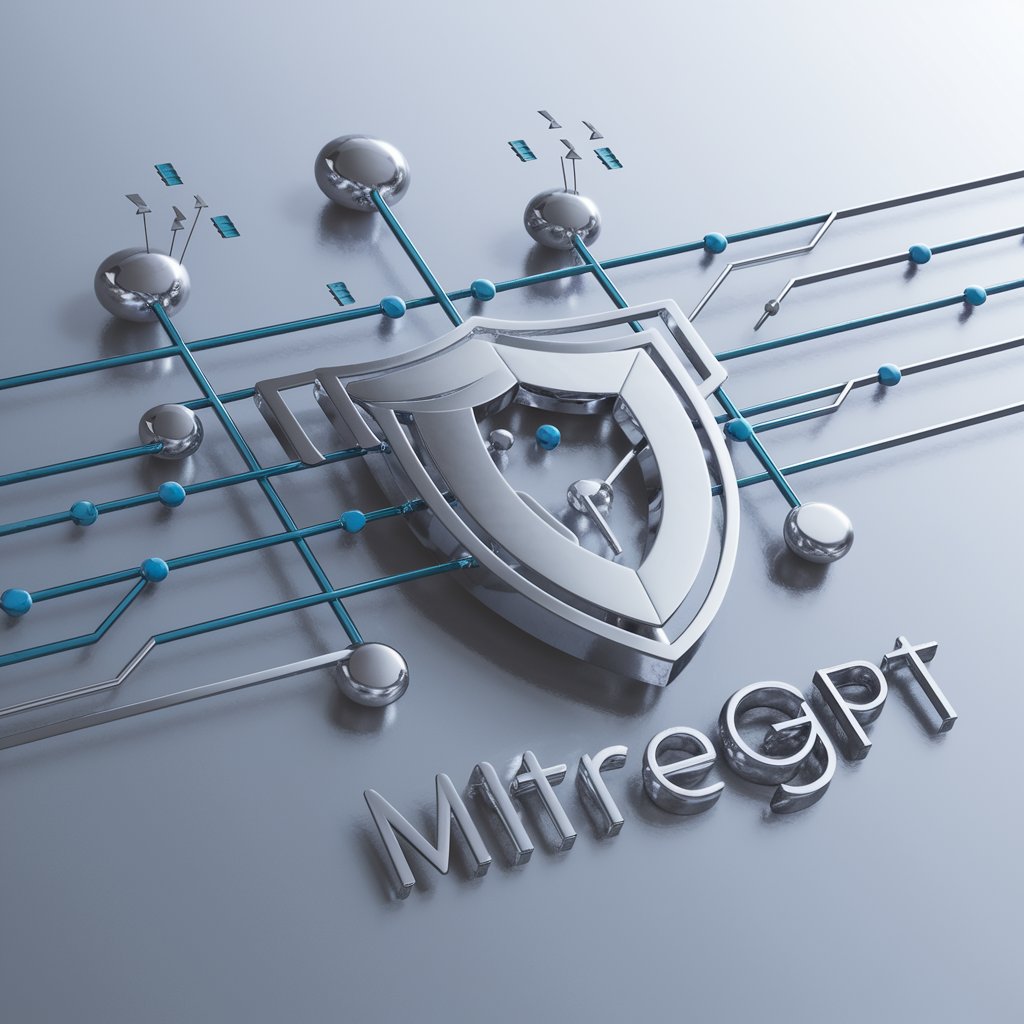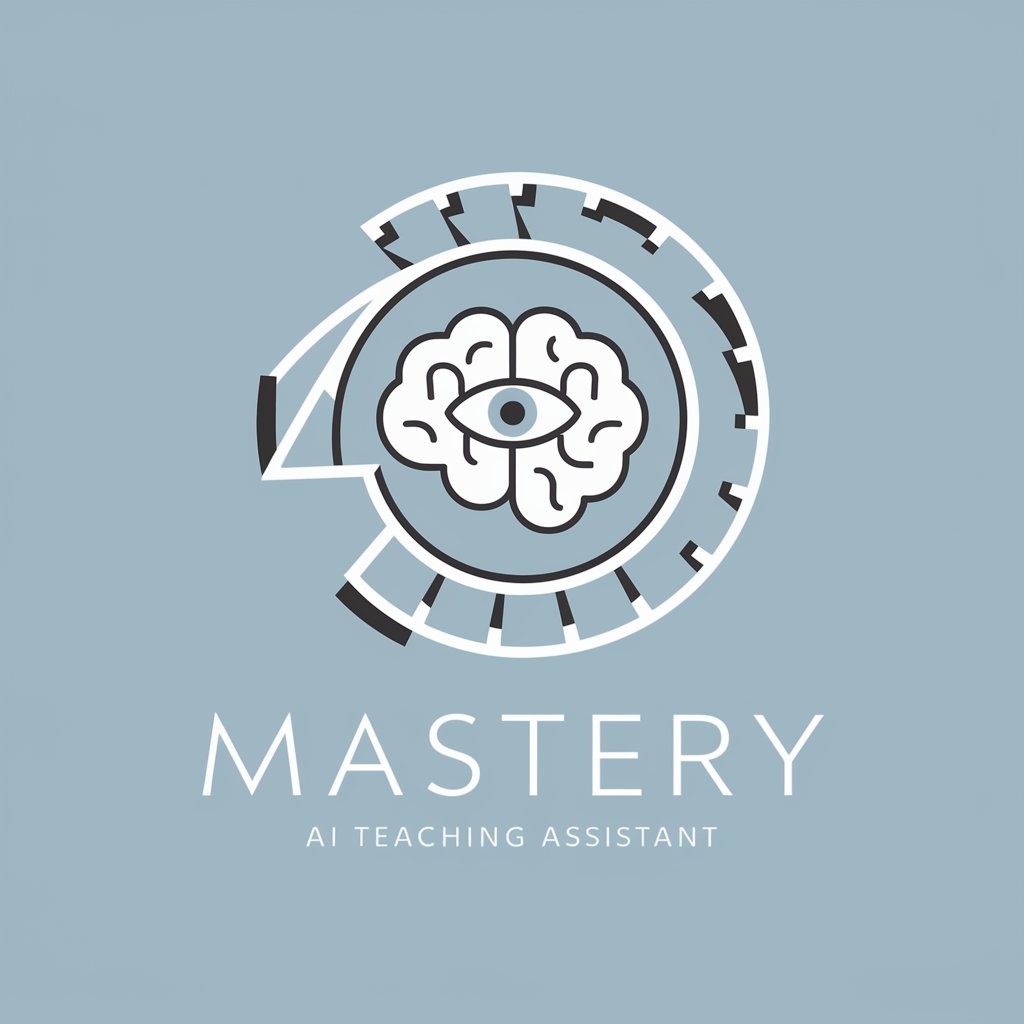Ancestry - Surname History and Visuals

Welcome! Let's explore the heritage of your surname.
Discover the Roots of Your Name
Tell me about the origin and meaning of the surname
What is the historical significance of the surname
Can you provide an etymological breakdown of the surname
Describe the cultural background associated with the surname
Get Embed Code
Understanding Ancestry
Ancestry is a specialized GPT model designed to provide users with historical and etymological insights into their surnames. It is equipped to analyze a wide array of surnames from different cultures and periods, offering users a deep dive into the meaning, origin, and associated symbolism of their family names. Ancestry combines linguistic research with historical context to give a comprehensive understanding of surnames. For example, if a user is curious about the surname 'Miyazaki', Ancestry would explain its Japanese origins, the meaning behind the characters used in the name, and the historical context in which such a surname might have emerged. Powered by ChatGPT-4o。

Key Functions of Ancestry
Etymological Analysis
Example
For the surname 'Schneider', which is German for 'tailor', Ancestry would detail its occupational origins, explaining how certain surnames are derived from professions.
Scenario
A user interested in the history of their Germanic surname can learn about its roots and how it relates to their ancestors' occupations.
Cultural Significance
Example
For a name like 'O'Reilly', Ancestry would explore its Irish roots, explaining the meaning of the 'O' prefix and how it denotes patrilineal lineage in Irish culture.
Scenario
Individuals with Irish ancestry can understand the cultural practices in naming and how their surname connects to their heritage.
Image Generation
Example
Upon analyzing the name 'Silva', which means 'forest' in Latin, Ancestry would generate an image of a forest, symbolizing the surname's meaning.
Scenario
Users get a visual representation of their surname, enhancing their connection with its history and meaning.
Who Benefits from Ancestry?
Genealogy Enthusiasts
Individuals fascinated by family histories and genealogy will find Ancestry's detailed surname analysis valuable for uncovering the roots and meanings of their family names.
Cultural Researchers
People engaged in cultural studies or anthropology can utilize Ancestry to understand how surnames reflect social, occupational, and cultural histories across different regions and times.
General Public with Curiosity
Anyone curious about the origin and significance of their surname, or those of others, can gain insights and a deeper connection to their heritage through Ancestry's services.

How to Use Ancestry
Start with a Free Trial
Visit yeschat.ai for a free trial without login, and no need for ChatGPT Plus.
Input Surname
Enter the surname you wish to explore. Ancestry specializes in analyzing and providing historical and etymological insights on surnames.
Review Surname Analysis
Read through the detailed explanation of the surname's meaning, origin, and associated cultural or historical context.
Request a Visual Representation
Ask for an image that reflects the essence of the surname's meaning or background for a more immersive experience.
Explore Further
Use this information as a starting point for deeper genealogical research or to understand the cultural significance of your surname.
Try other advanced and practical GPTs
Tim Burton PFP Creator
Bringing Burtonesque Imagination to Life

RISE Mentor
Elevating Potential with AI-Powered Reflection

LinuxGPT
Your AI-powered Linux Command Guide

Easy Study Buddy
Craft Your Study Success with AI

Board Game Architect
Crafting Your Imagination into Board Games

SwiftUI Teacher
Empowering SwiftUI Development with AI

Unofficial YC Startup School chatbot
Navigating Startup Success with AI

MITREGPT
Mapping Cyber Threats with AI

AI Filmmaking Assistant
Craft Your Story with AI-Powered Cinematic Expertise

Coloring Crafter
AI-Powered, Kid-Friendly Coloring Fun

AI Tool Hunter
Empower your work with AI-driven insights.

Mastery
Master Topics with AI-Powered Learning

Frequently Asked Questions about Ancestry
Can Ancestry provide the origin of any surname?
Ancestry is designed to offer insights into many surnames from around the world. While it covers a wide range, there might be some lesser-known or newly formed surnames that it cannot fully analyze.
How accurate is the surname analysis?
The analysis is based on historical and etymological data, striving for accuracy. However, some surnames might have multiple origins or meanings, and Ancestry will present the most recognized or likely explanations.
Can I use Ancestry for academic research?
Yes, Ancestry can be a starting point for academic research on cultural and historical studies related to surnames, but it should be supplemented with additional scholarly resources.
Does Ancestry create culturally respectful images?
Yes, Ancestry generates images with a focus on cultural respect and relevance to the surname's background.
Is Ancestry suitable for children?
Ancestry is user-friendly and educational, making it suitable for older children and teenagers, especially those interested in history and culture.
